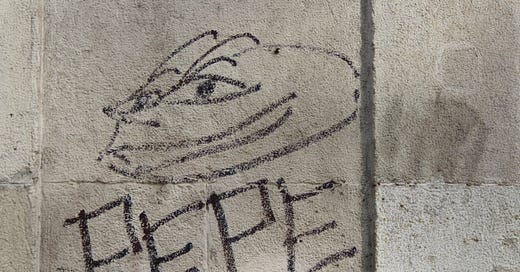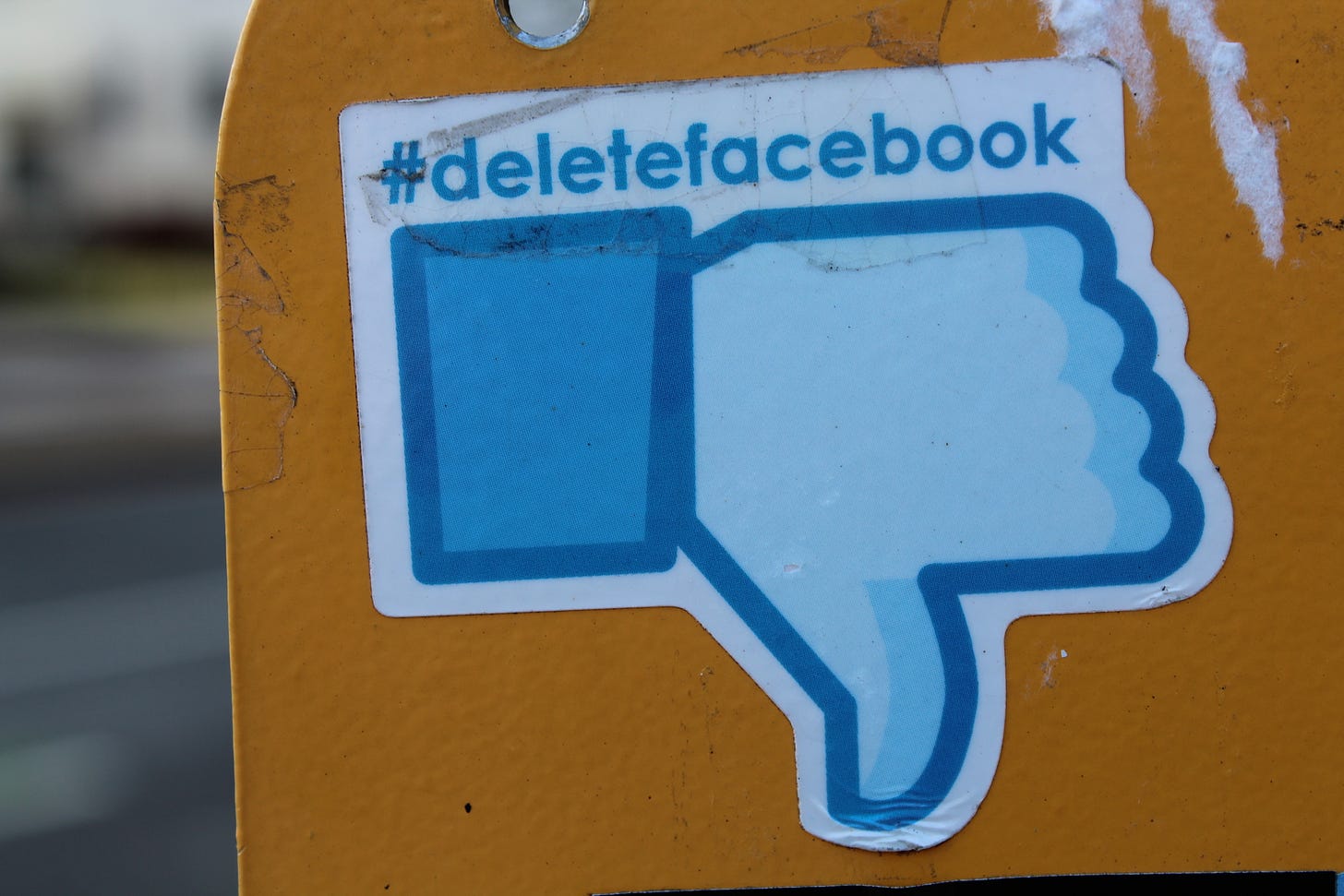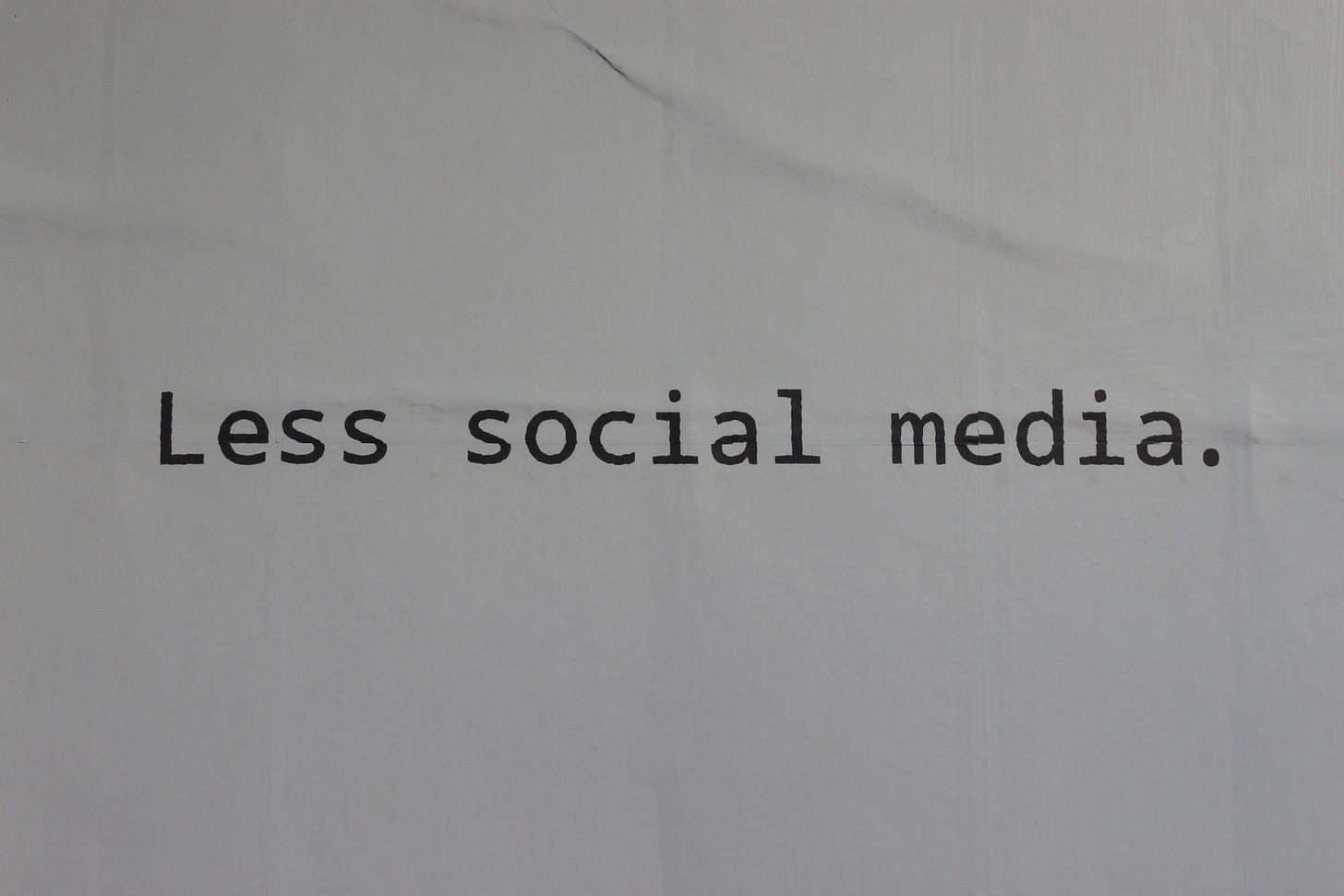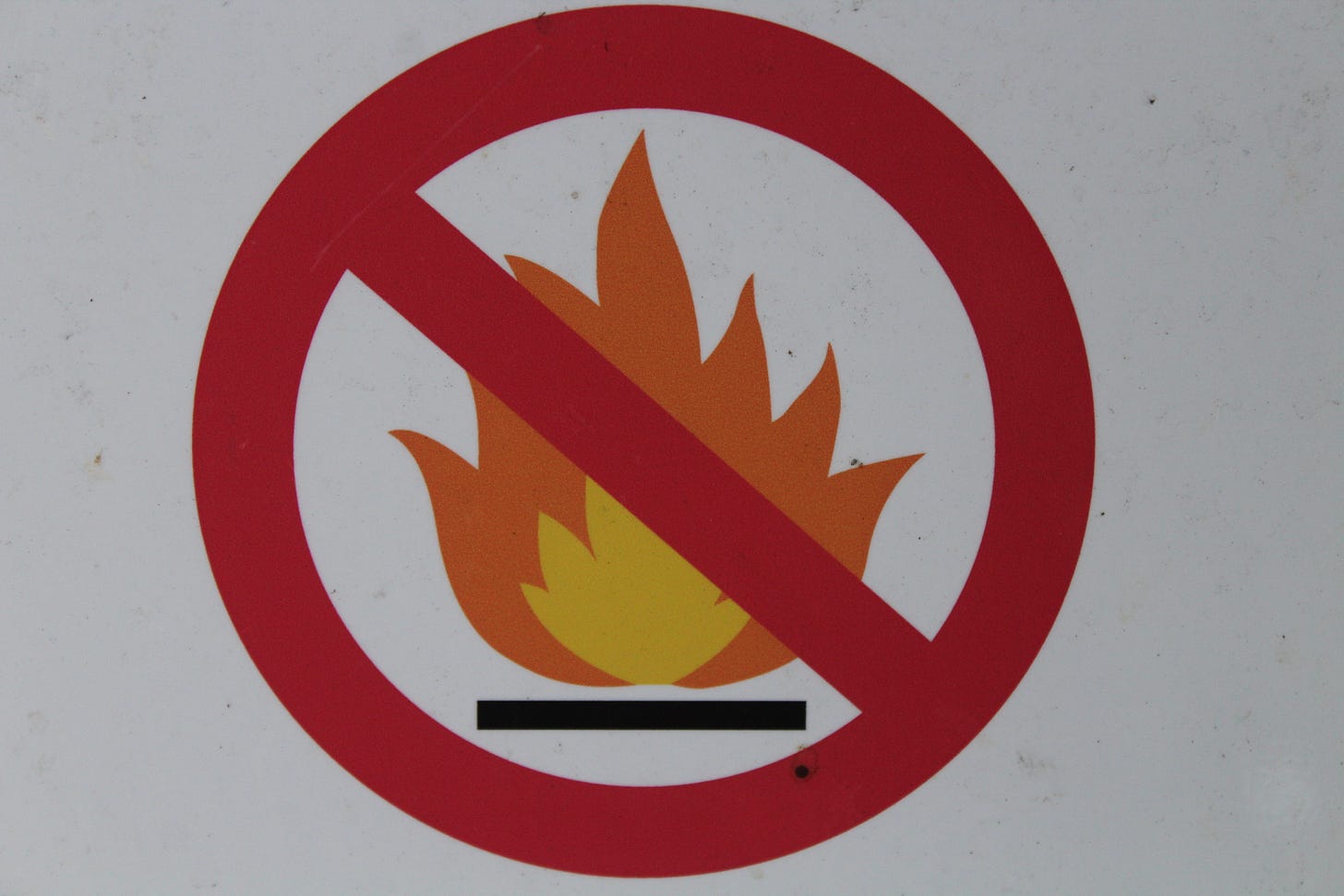[This is an edited version of a short piece written on the 23rd November 2024 for the sixth Cultural Futurist Salon, “Flash Fiction Frenzy”, hosted by
. All photographs mine, as usual]Well…there was that time we tried to blow up the internet. Not in the “get everyone talking about something for a day” sense but rather in the ka-boom, disrupting global communications forever kind of way. There were five of us, at least at the beginning, and each of us had our reasons. Don wanted to destroy his ex-wife’s OnlyFans. Samantha had become the subject of an unfortunate meme, as a student photograph of her screaming at a rally to save the mink had gone viral—her mouth open in an awkward, twisted howl—an earnest face all too amenable to the repetitive mockery of the piratical teenage boy. Michael, a hippie, having received instruction from an entity during a trip on his last retreat, just wanted everyone to go outside again.
Jennifer’s reasons were more mysterious. Something to do with Russia. I was never quite certain, but felt sure that she must be working for one of the state agencies or other. But, then again, her strangeness was far more like that of an ordinary disturbed person than anything else, but perhaps this too was part of her cover.
And as for me. Well, I wanted revenge. Not just against the man who had stalked and smeared me for a decade, but against everyone who had joined in. In that period when liberals dominated the institutions—although afterwards it had turned out that most people had merely gone along with them out of fear, not because they really agreed—a few hundred people across the world had run rampant, gleefully and sadistically seeing how many people they could humiliate and impoverish.
Since the second Trump term of course, these people had been pilloried in turn, in a process of “de-hystericisation”, even as some of those who’d been targeted in the first place had plead for mercy for those who had denounced them. It was nevertheless deemed important by men who went to the gym that there be an end to this kind of behaviour—the snitching, the complaining, the open letters, the emails to bosses, the calling everyone a Nazi. It had worked, pathetically, right up until the moment when it didn’t. But now was not the time to forgive. But even after most of the cancellers had been forced to delete tweets, posts and pages, as armed gangs stood over them in their homes and places of work, the remnants of their smear campaigns lay dormant, sprinkled across platforms like shards of social poison, lurking in undead archives.
The internet was forever, like vampires are immortal.
My own reason for wanting to destroy the internet was not the same as the others, I felt. Their motivations were banal, tawdry, even. I, however, wanted to prove a point. In my mind this was something to do with means and ends and truth and justice, but every time I tried to write the manifesto for our small group—ETI—Ending The Internet, simply—I couldn’t quite get it down clearly. All I could think of was how I wanted those horrible words gone, those lies and exaggerations and bad faith accusations, just wiped out forever. Why this ultimately entailed the entire internet being taken down I don’t exactly recall. I think, after a couple of meetings, we’d decided it was easier and simpler just to put a stop the whole thing. No doubt you will take this now as a sign of our madness. I wouldn’t blame you.
This proved easier said than done, of course. It wasn’t like the internet would make it easy to research how to blow itself up. Every time we asked a search engine or an AI, it would attempt to placate us with vague scenarios, more general apocalyptic outcomes: a total dismantling of the energy supply, coupled with some moralistic screed about how people in hospitals would die, food would rot in smart fridges and how basically nothing would work if the internet did not. We got a lot of information about hubs and cables and nodes, but the internet was not keen on giving up its secrets. Every time we thought we might have a way into destroying it, we would be assured of its robustness and its distributed qualities.
By this point, however, we had convinced ourselves that our mission was both inevitable and necessary, and that we would be freeing many millions of others from their virtual chains—perhaps Michael’s passion for the outside had begun to infect us too—after all, if we all had a period of enforced offlineness again, we could go back to that period which some of us could still remember, before the late 90s. We had been bored then, often, but it was a beautiful kind of boredom, poetic and melancholic, and filled with glittering promise.
It was decided. The internet had been a mistake, and we had been its sacrificial victims. The only way out was to sacrifice it in turn to something much older and bigger: nature itself. Who doesn’t ultimately prefer the sun to the screen, trees to videos, birds to emails? We met online at odd times, two of us in the States, two in the UK, one in Australia. Someone’s sleep usually suffered. We communicated like the 9/11 guys, a shared single Hotmail account and password, writing to each other in a draft message which we never sent but could check from our respective locations. Of course you could have criticised us for our hypocrisy, but what were we going to do, enlist pigeons? To understand our enemy we had to inhabit his house, wear his clothes.
At one point we considered solar flares. Perhaps we could rope some geoengineer tech bros into experimenting with the weather. We looked into submarines to cut deep sea cables, but none of us had that kind of money. We discussed botnets, viruses and malware. How we might overload the system or hack, physically or virtually, into its major bases. We suffered a major blow to morale when we realised that servers were increasingly not even on the planet, but rather circulating around it, hovering above us like horrible new stars.
We started to dream in data, which seemed to us inexhaustible, ever-generating, always piling up, forever creating new miserable memories and recurring suffering. We thought for a while about DNS nodes and how we could at least cripple the beast for a while by snapping the link between alien code and human use. But all of this would be temporary at best, and useless at worse.
We had to think bigger. We had to think nuclear. Suddenly Jennifer’s eccentric babbling about Russia started to come alive: we didn’t want innocent people to die, of course not, we didn’t want anyone to die at all! No! All we wanted was to be left alone, to disappear back into anonymity. We just wanted to console ourselves with the thought that our ex-wife might not be a whore. That we might not be forever mocked by teenage boys in-between bouts of touching themselves. That our stalker might be released from the prison of his own obsession, and that we could all move on. Michael was already the best of us, of course, as he’d moved into a tent in a local park, barely even charging his phone, skulking in library corners on public machines to meet us.
But we had to go big. Really big. Earth-shatteringly BIG.
It was the only way.













